Whether your dental needs are a complete exam and cleaning, a full-mouth restoration, or anything in between, we will do our best effort to serve you and enhance the natural beauty of your smile. Below are just some of the many procedures and services we regularly provide to our patients – with a gentle touch. Your smile is our first priority, and we’ll give you something to smile about.
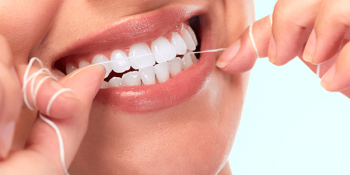
Prevention
We are caring for your teeth to keep them healthy with varieties forms of treatments.
Read more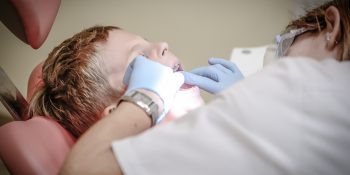
Exams
A comprehensive exam and cleaning is essential to keep your teeth and mouth healthy.
Read more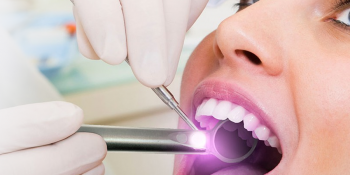
VELscope® Oral Cancer Screening
Early detection of oral cancer offers the best chance of survival.
Read more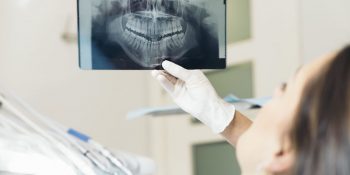
Xrays
We find hidden dental structures, malignant or benign masses, bone loss, and cavities.
Read more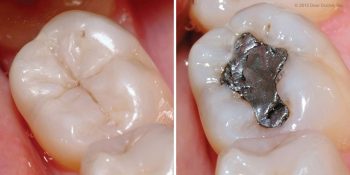
Composite Fillings
During your initial consultation and examination, we can discuss the various options and benefits of white fillings with you.
Read more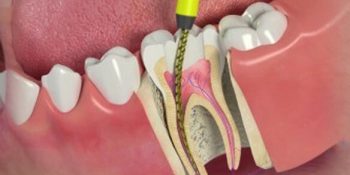
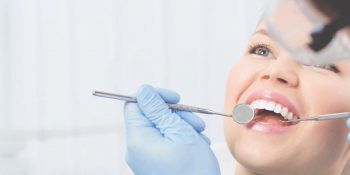
Prevention
We are caring for your teeth to keep them healthy with varieties forms of treatments.
Dental hygienists perform traditional scaling by hand. Advances in technology have led to more modern methods such as electric scalers which allow dental cleaning to be done in much shorter period of time. However to achieve best results electric and manual scaling should be combined in dental cleaning.
Ultrasonic scaling uses a machine called a cavitron which uses sound waves to remove tartar. Ultrasonic scalers can only remove 50% of total tartar buildup so hand scaling must follow cavitron scaling.
- Bad breath that is of oral cavity origin can be traced to a sulfur compound produced by bacteria. Dead and dying bacterial cells release this sulfur compound which gives the breath an unpleasant odor.
- Bacterial plaque and food debris accumulate on the back of the tongue. The tongue’s surface is extremely rough and bacteria can accumulate easily in the cracks and crevices.
- Large amounts of sulfur compounds can be produced in this area, making it a frequent site of origin for bad breath.
- The tooth attracts bacteria containing plaque and if not cleaned regularly and thoroughly, this can result in large accumulations of bacteria which result in bad breath.
- People who have periodontitis often experience bad breath because of bacteria accumulating in areas that are not cleaned easily, such as deep pockets around teeth.
- Fortunately, treatment is very effective for people who have bad breath of mouth origin.
- Treatment begins with a complete oral examination and health history; you may have an “odor-meter” test done. This test can accurately measure the volatile sulfur gases and the extent of a halitosis problem.
- Periodontal disease and /or cavities should be treated and repaired.
- Oral infections must be eliminated or impacted teeth may need to be removed.
- Good oral hygiene must be stressed, including cleaning the teeth and tongue. Once the oral infection is treated and cured, mouth wash and toothpastes may have some effectiveness in managing oral odor. Ask general or cosmetic dentist for a product that may be helpful to you.
If you are an adult this part is late for you, but this section is just in time for your children nieces, nephews, grandchildren, or the other young ones in your life. The time to begin caring for your teeth is before you have them. And the stuff to begin with is water. As your body is making your teeth, a healthy diet, good health care and fluoride in your food and water do the most for making teeth strong, cavity resistant and attractive. You can not change your childhood, but you can give your child a healthy start. Contact your B.C. municipal water provider and ask if the fluoride content is 1 ppm (part per million). This level is safe, and when children get fluoride in their food and water before their teeth erupt, those teeth are strengthened from the inside and for the life of the tooth – as soon as teeth come in. That is when you begin brushing your child’s teeth. When you cannot reach all surfaces of all teeth with the brush – that is the time to start flossing. Loss of teeth with age is not inevitable. With a little time and effort you can prevent most cavities or gingivitis. Though starting proper care of your smile early is better than starting later, taking care of yourself always has benefits.
Exams & Cleaning
Xrays
VELscope® Oral Cancer Screening
Early detection of oral cancer offers the best chance of survival. Studies have shown that only half of all patients diagnosed with oral cancer survive more than five years.
Oral cancer often starts as a tiny, unnoticed white or red spot or sore anywhere in the mouth. During oral cancer screening, we carefully examine the inside of your mouth and tongue for a flat, painless, white or red spot or a small sore. Although most of these are harmless, some are not. To ensure that a spot or sore is not dangerous, we may perform a simple test, such as a brush test, to collect cells from your mouth for laboratory analysis. If precancerous cells are found, the lesion can be surgically removed.
What Are The Symptoms Of Oral Cancer?
- A sore that bleeds easily or does not heal
- A color change of your gums
- A lump, thickening, rough spot, crust or small eroded area
- Pain, tenderness, or numbness anywhere in the mouth or on the lips
- Difficulty chewing, swallowing, speaking or moving the jaw or tongue
- A change in the way the teeth fit together
Risk factors:
- Tobacco use
- Alcohol use combined with smoking
- Prolonged exposure to the sun (lip cancer)
- If you are over the age of 40
Preventative measures:
- Reduce or stop tobacco use
- Reduce or stop alcohol use, especially if combined with smoking
- Reduce sun exposure, or use a high SPF sunscreen
- Have a diet high in fruits and vegetables
